AFP quoted a statement by Syrian Prime Minister Mohammed al-Jalali on December 8 stating that he is ready to cooperate with any leader chosen by the people and that the power transfer process can take place at any time.
"We will cooperate with that person and provide everything we can," Prime Minister al-Jalali posted on Facebook.
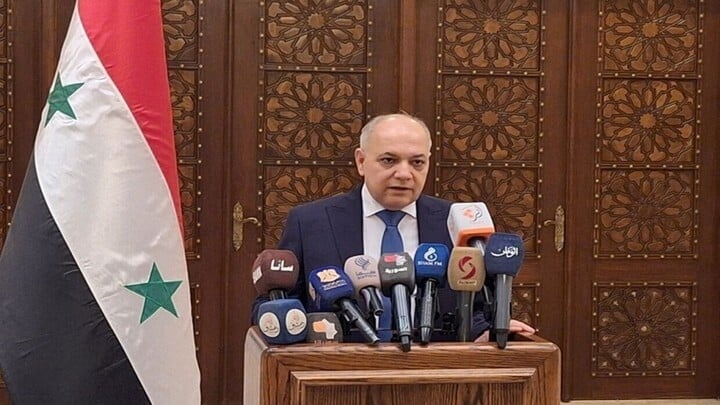
Syrian Prime Minister Mohammed al-Jalali at a press conference in the capital Damascus last week. (Photo: RT)
Prime Minister al-Jalali said he remained at his residence in Damascus and had no plans to leave as he wanted to ensure normal functioning of government agencies. He called on citizens to protect public property.
"I want people to think rationally about their country," al-Jalali said. " We extend our hand to the opposition, who say they will not harm anyone in Syria."
The rebel leader of Hayat Tahrir Al-Sham (HTS), the main opposition force in Syria, issued a statement calling on the rebels not to damage government buildings and public buildings.
“ All military forces in Damascus are strictly prohibited from accessing public institutions, which remain under the leadership of Syrian Prime Minister Mohammad Ghazi al-Jalali until the official handover, and fighters are also prohibited from firing into the air, ” said HTS leader Ahmed al-Sharaa.
Rebels and Damascus residents poured into the central Ummayad square after news of the transfer of power. (Source: AJ Arabic)
On the same day, Reuters quoted its own sources as saying that Syrian President Bashar al-Assad had left Damascus for an undisclosed location. Meanwhile, rebels were advancing rapidly into the center of Damascus without encountering any resistance from the Syrian army.
Reuters also quoted witnesses as saying that thousands of people were pouring into the central square of Damascus in response to news that President Bashar al-Assad's government was gradually collapsing.
Syrian rebels said they had captured the Sednaya military prison on the outskirts of the city and taken control of state media headquarters in Damascus on the morning of December 8.
“We are trying to take control of radio and television stations in Damascus to broadcast the victory announcement,” a Reuters source said.
In the southwestern countryside of Damascus, local rebel forces took advantage of the government army's retreat to take control of several towns.
Syrian rebels also claimed full control of the city of Homs early on December 8 after just one day of fighting. The area controlled by President Bashar al-Assad's regime has been shrinking as rebels advance towards central Damascus.
The fall of Homs gives rebels control of strategic parts of Syria and a key highway junction, cutting off the route from Damascus to the coast where Russia has naval and air bases.
Since launching their offensive last week, the rebel group Hay'et Tahrir al-Sham (HTS) and its allies have taken control of Aleppo, the country's second-largest city, and Hama, the fourth-largest. This is the first time the Assad regime has lost Aleppo and Hama since the beginning of the civil war.
The Syrian Defense Ministry denied reports that troops had withdrawn from positions near Damascus. However, videos on social media showed army units retreating toward Damascus from the suburbs.
The developments in Syria have surprised Arab countries and raised concerns about a new wave of instability in the region. Western countries believe that the Syrian army is in a difficult situation, unable to stop the rebels and forced to continuously retreat.
The foreign ministers of Russia, Iran and Türkiye met in the Qatari capital Doha to discuss the situation in Syria. The UN special envoy to Syria, Geir Pedersen, called for restraint.
Source: https://vtcnews.vn/thu-tuong-syria-san-sang-hop-tac-voi-bat-cu-lanh-dao-nao-ma-nguoi-dan-lua-chon-ar912212.html





![[Photo] Bustling construction at key national traffic construction sites](https://vphoto.vietnam.vn/thumb/1200x675/vietnam/resource/IMAGE/2025/5/2/a99d56a8d6774aeab19bfccd372dc3e9)



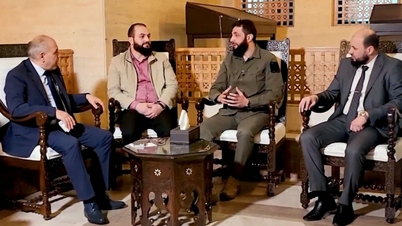

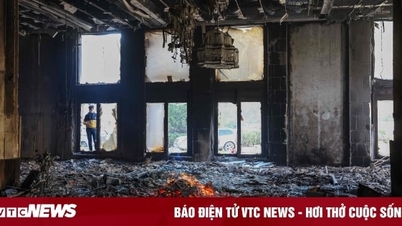



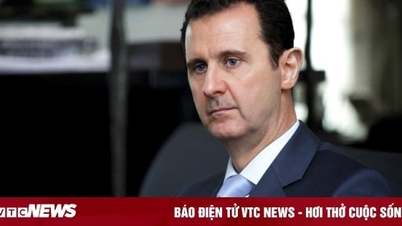
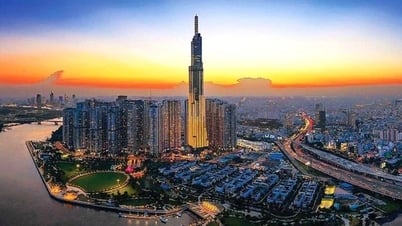



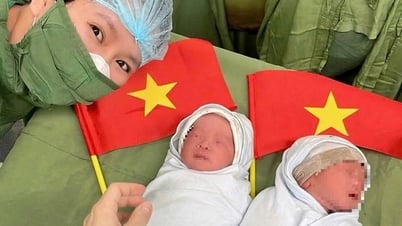











![[Photo] "Lovely" moments on the 30/4 holiday](https://vphoto.vietnam.vn/thumb/1200x675/vietnam/resource/IMAGE/2025/5/1/26d5d698f36b498287397db9e2f9d16c)
![[Photo] Binh Thuan organizes many special festivals on the occasion of April 30 and May 1](https://vphoto.vietnam.vn/thumb/1200x675/vietnam/resource/IMAGE/2025/5/1/5180af1d979642468ef6a3a9755d8d51)







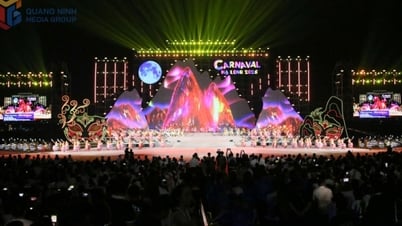

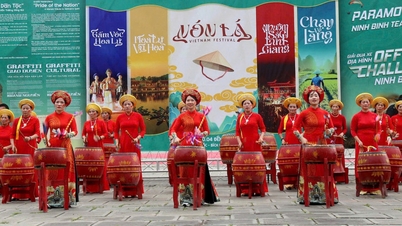







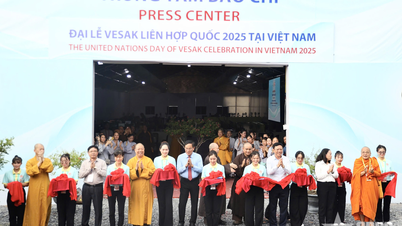











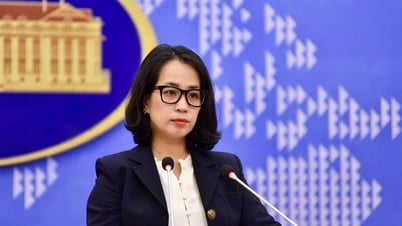
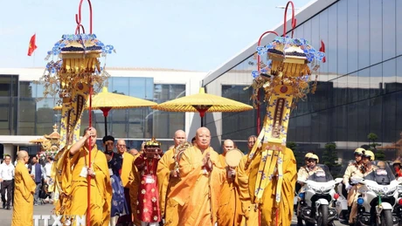



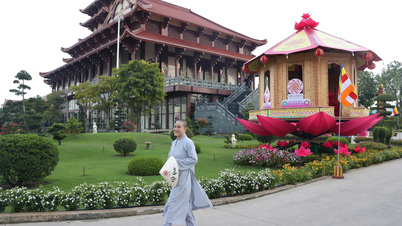

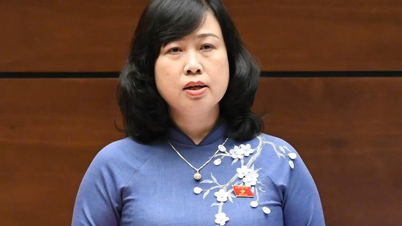














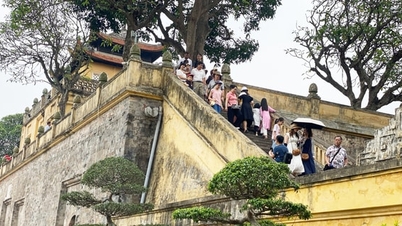



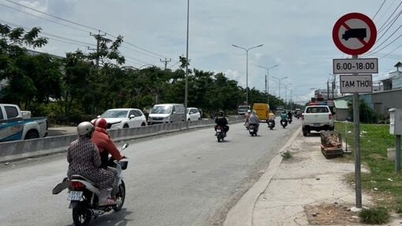










Comment (0)